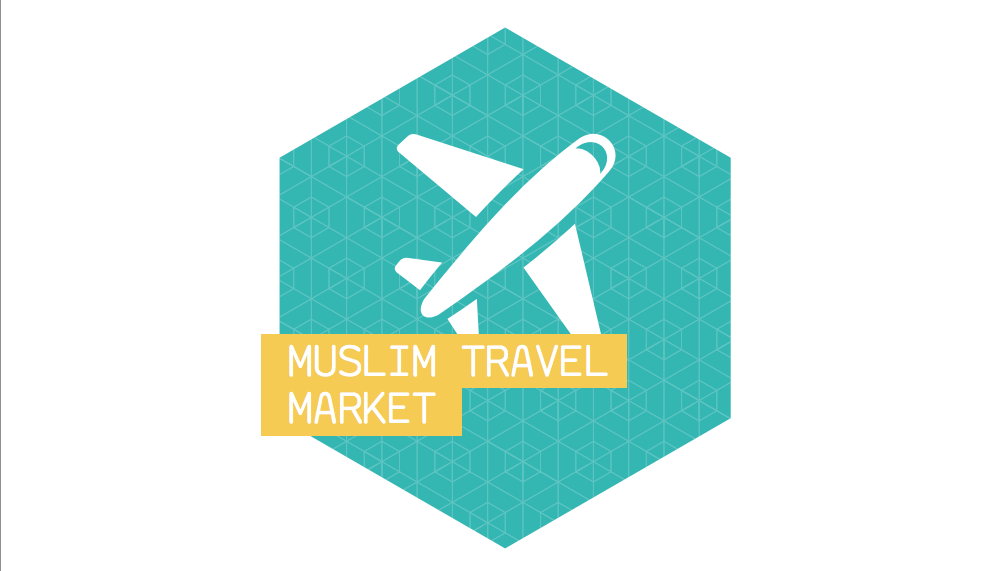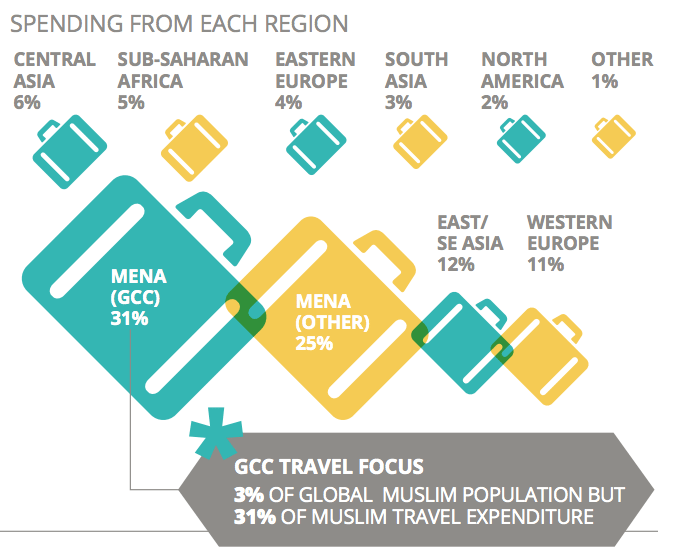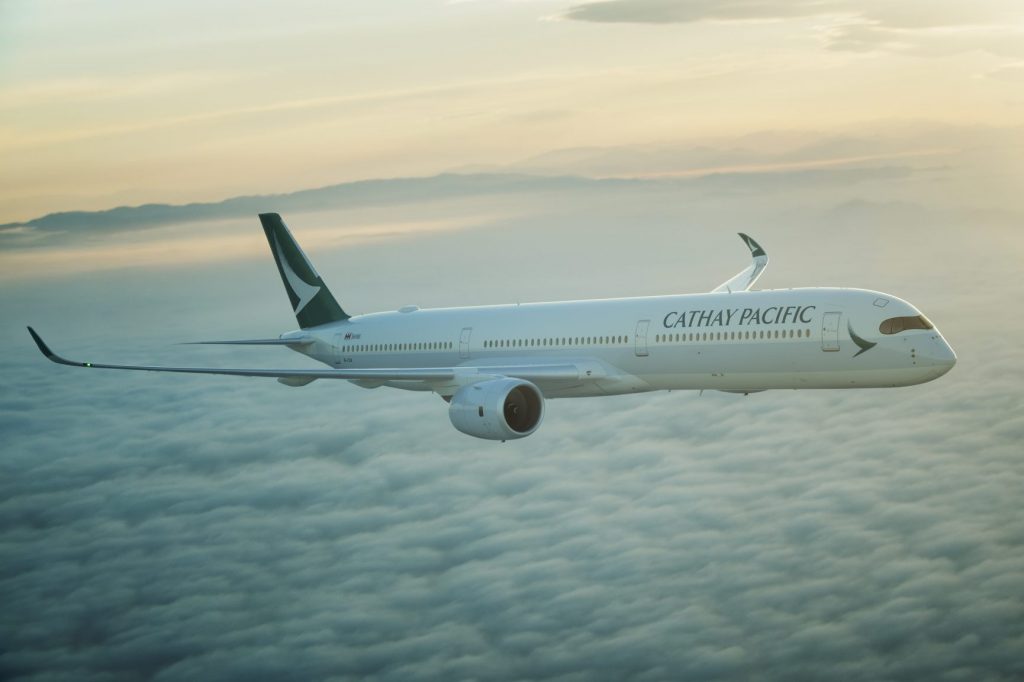The Top Muslim Travel Countries, By Spend

Skift Take
Muslim or halal travel is becoming a big business, and countries beyond the muslim world have begun to develop strategies to attract these typically high-spending travelers from around the world. These include catering to their halal food habits, prayers habits and other modesty requirements that come with the religion.
According to Thomson Reuters' first "State of the Global Islamic Economy Report 2013", which released at the Global Islamic Economy Summit last week in Dubai, the global muslim spending on tourism (outbound) is estimated to be around $137 billion in 2012 (excluding the religious hajj and ummrah travel), making it about 12.5 percent of global tourism expenditure.
Among the top source markets, expenditure wise for 2012, the country rankings from this report is a bit of a surprise, with Iran topping as the country that spends the most, ahead of even Saudi Arabia and UAE. Russia, Germany and France are the three largest muslim travel source markets from countries where muslims are a minority.
Spending from tourists from these countries below, internationally, in dollars, in 2012:
| Country | Size (US $ Bill) |
|---|---|
| Iran | $18.2 |
| Saudi Arabia | $17.1 |
| UAE | $10.1 |
| Kuwait | $7.4 |
| Indonesia | $7.2 |
| Qatar | $5.7 |
| Malaysia | $5.4 |
| Turkey | $4.9 |
| Libya | $4.7 |
| Nigeria | $4.5 |
| Russia | $4.1 |
| Germany | $3.5 |
| France | $2.5 |
| Egypt | $2.4 |
| United Kingdom | $2.2 |
| Singapore | $2.2 |
| Lebanon | $2.2 |
| Morocco | $2 |
| Iraq | $1.9 |
| United States | $1.85 |
| Pakistan | $1.7 |
| Oman | $1.7 |
| Azerbaijan | $1.7 |
| India | $1.24 |
| Belgium | $1.22 |
Regionwise, the breakdown show Gulf countries definitely outstrip every other region in outbound tourism spend:






